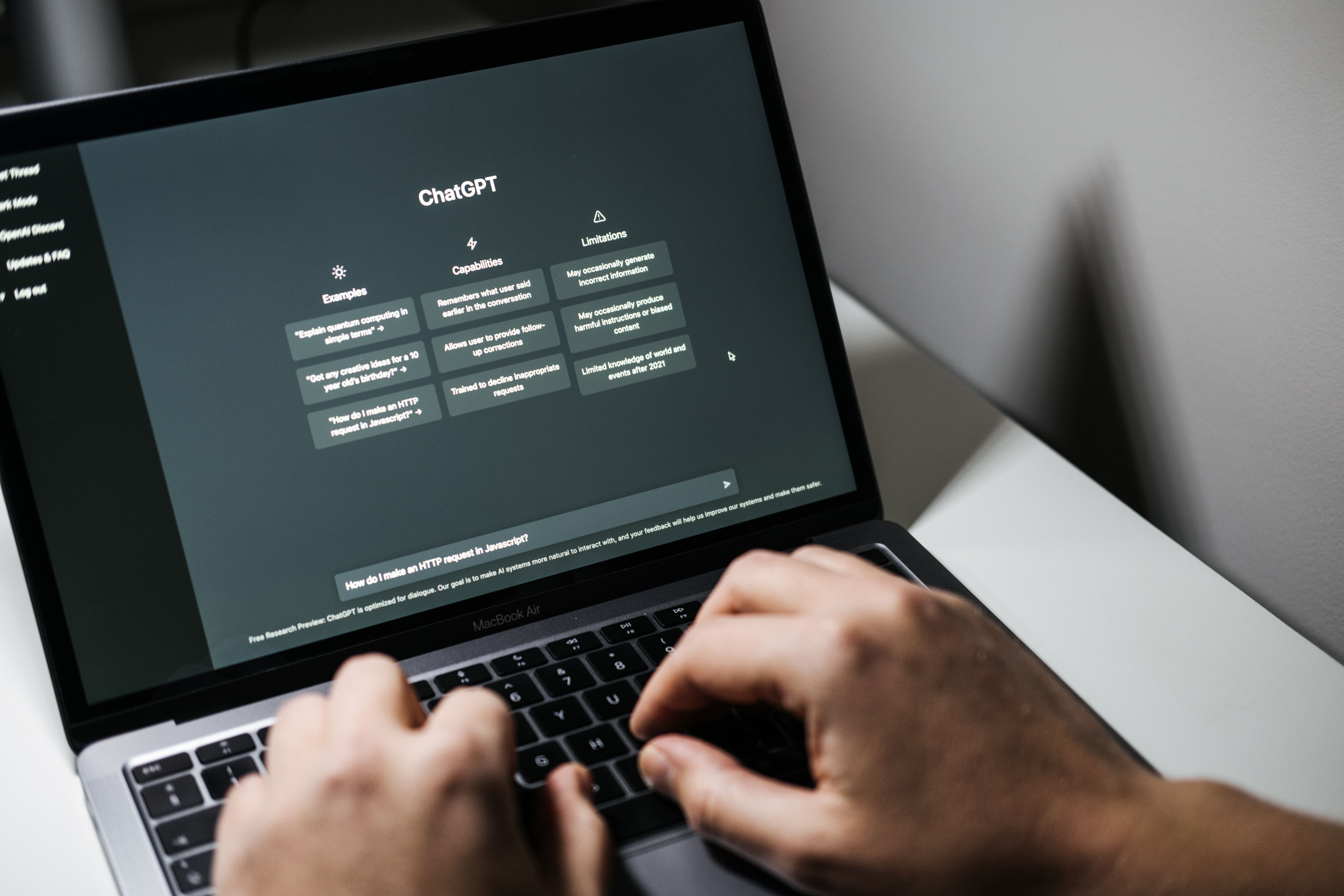- Center on Health Equity & Access
- Clinical
- Health Care Cost
- Health Care Delivery
- Insurance
- Policy
- Technology
- Value-Based Care
Adolescents, Young Adults Use AI Chatbots for Mental Health Advice
As generative AI tools like ChatGPT, Gemini, and My AI gain popularity, new research highlights their growing role in youth mental health support.
A growing number of adolescents and young adults are turning to generative artificial intelligence (AI) chatbots like ChatGPT for help with their emotions, according to the first national survey on AI use for mental health advice.1
This cross-sectional study was published in JAMA Network Open.

“It is unclear how many adolescents and young adults use LLM [large language model] chatbots for advice or help when experiencing emotional distress,” wrote the researchers of the study. “We report results from the first nationally representative survey of US adolescents and young adults aged 12 to 21 years examining the prevalence, frequency, and perceived helpfulness of advice from generative AI when feeling sad, angry, or nervous.”
Mental health challenges are common among adolescents and young adults in the US.2 Nearly half (49.5%) of adolescents aged 13 to 18 years have experienced a diagnosed mental disorder at some point in their lives, with about 22.2% experiencing severe impairment or distress. Among young adults aged 18 to 25, 36.2% reported experiencing any mental illness in the past year, and 11.6% had a serious mental illness—rates higher than those seen in older adults.
This study surveyed adolescents and young adults between February and March 2025. Participants were recruited from RAND’s American Life Panel and Ipsos’ KnowledgePanel, which use probability-based sampling to ensure national representation of English-speaking youths with internet access.1
The survey assessed whether respondents had ever used generative AI, whether they had sought advice or help from such tools when feeling sad, angry, or nervous, how frequently they did so, and how helpful they found the advice. To ensure comprehension among younger participants, the survey used plain language and examples of common generative AI chatbots, including ChatGPT (OpenAI), Gemini (Google AI and DeepMind), and My AI (Snap). Weighted analyses and multivariable logistic regression models were conducted to identify demographic and socioeconomic factors associated with AI use for mental health advice.
Of the 2125 individuals contacted, 1058 responded to the survey. Overall, 13.1% of respondents reported using generative AI for mental health advice when feeling sad, angry, or nervous. Use was highest among young adults aged 18 to 21 years, with 22.2% reporting this behavior, compared with lower rates among younger adolescents.
Among those who used generative AI for emotional support, 65.5% sought advice monthly or more often, and 92.7% found the advice somewhat or very helpful. Moreover, those aged 18 to 21 years had higher use (adjusted odds ratio [aOR], 3.99; 95% CI, 1.90-8.34; P < .001) than younger respondents. However, Black respondents were less likely than White non-Hispanic respondents to rate the advice as helpful (aOR, 0.15; 95% CI, 0.04-0.65; P = .01). No other demographic or socioeconomic factors were significantly associated with AI use for mental health advice.
However, the researchers acknowledged this study has several limitations. Data were self-reported, which may have introduced recall or social desirability bias. The survey included only English-speaking youths with internet access, limiting generalizability. Its cross-sectional design captured associations but could not establish causation, and it did not assess the quality, accuracy, or risks of AI advice, nor how youths combine it with professional care. Finally, the researchers noted that these findings may change over time as AI chatbots evolve and usage patterns shift.
Despite these limitations, the researchers believe the study marks the first national snapshot of how young people are using generative AI for mental health-related advice—raising important questions about trust, safety, and the potential role of AI in addressing the youth mental health crisis.
“In this cross-sectional study’s nationally representative survey, we found that 13.1% of US youths, representing approximately 5.4 million individuals, used generative AI for mental health advice, with higher rates (22.2%) among those 18 years and older,” wrote the researchers. “Of these 5.4 million users, 65.5% engaged at least monthly, and 92.7% found the advice helpful.”
References
1. McBain RK, Bozick R, Diliberti M, et al. Use of generative AI for mental health advice among US adolescents and young adults. JAMA Netw Open. 2025;8(11):e2542281. doi:10.1001/jamanetworkopen.2025.42281
2. Mental illness. NIH. Last updated September 2024. Accessed November 6, 2025. https://www.nimh.nih.gov/health/statistics/mental-illness
Impact of Medicaid Institution for Mental Diseases Exclusion on Serious Mental Illness Outcomes
December 17th 2025Medicaid’s Institution for Mental Diseases (IMD) rule bars federal funding for psychiatric facilities with more than 16 beds, but findings indicate that state waivers allowing treatment of serious mental illness in IMDs do not increase overall psychiatric hospitalizations.
Read More
